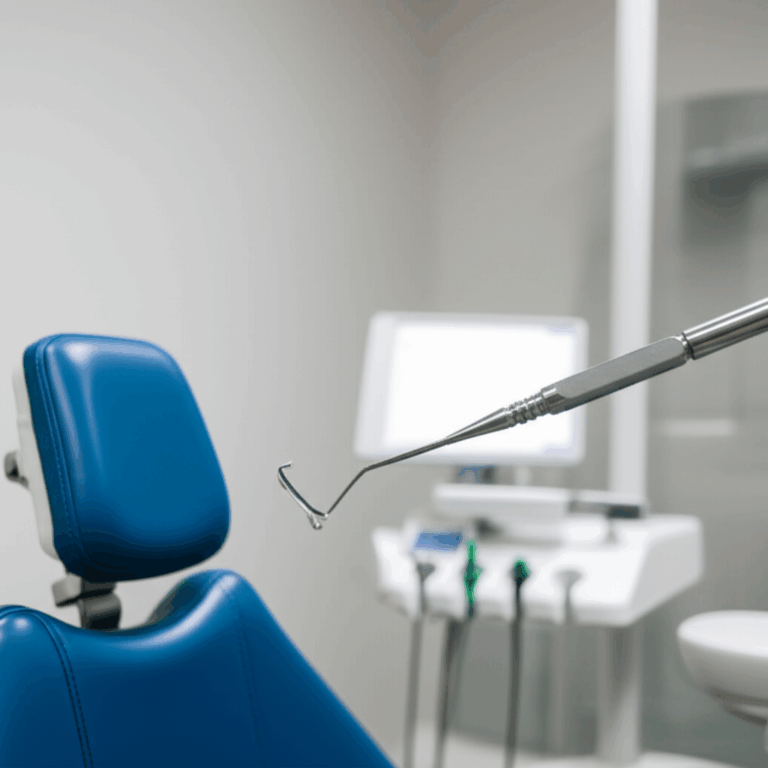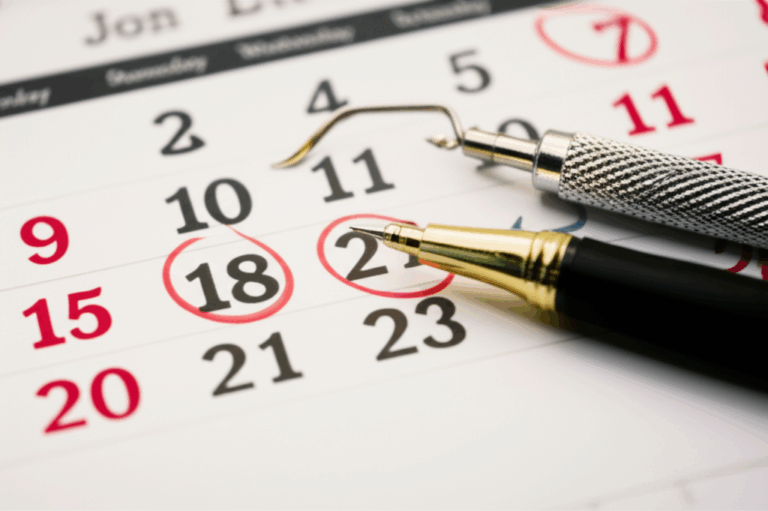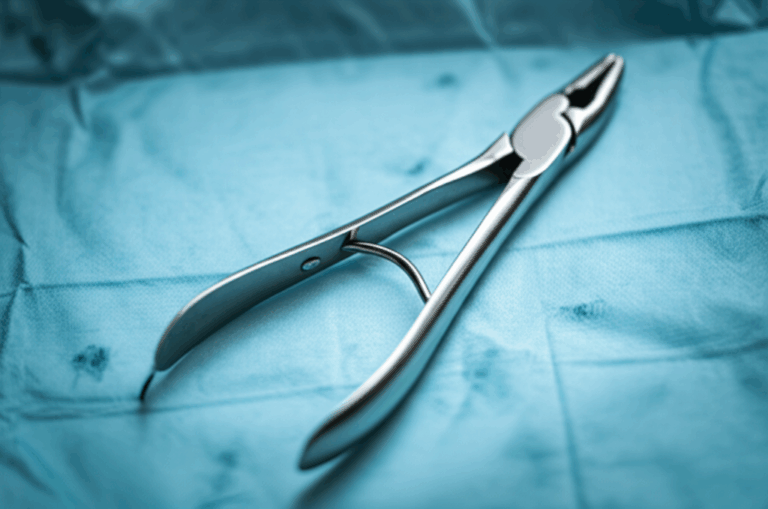
What Does “Out of Network” Mean for a Dentist? Your Guide to Dental Insurance & Costs
That Insurance Maze Feeling? Let’s Untangle “Out of Network” Dental Care
Have you ever looked at your dental insurance card, called a dentist for an appointment, and heard, “Sorry, we’re out of network for your plan”? Hearing this can feel scary and confusing. If you’ve ever worried about what “out of network” really means—if it will cost you a lot, mess up your dental visits, or trap you in a bunch of paperwork—you’re definitely not alone.
Dental insurance can get confusing really fast, especially when you hear words like “UCR,” “balance billing,” or “coinsurance.” It’s easy to get lost or stressed. But here’s some good news: once you know how things work, you can make better choices for your teeth, your money, and your peace of mind.
This friendly guide will give you clear and honest answers. You’ll learn what “out of network” really means for you and your dentist, how it affects money, and when picking an out-of-network dentist might actually be a good idea.
What We’ll Cover
- Introduction: Making Sense of “Out of Network” Dental Care
- What “Out of Network” and “In Network” Mean
- How Out-of-Network Dental Insurance Works
- Money Words You Should Know for Out-of-Network Care
- Why Some People Pick Out-of-Network Dentists
- Why Out-of-Network Dentistry Isn’t for Everyone
- When Going Out of Network Is a Good Idea
- Ways to Lower Out-of-Network Dental Bills
- Myths About Out-of-Network Dentists
- Conclusion: How to Make a Smart Choice
Introduction: Making Sense of “Out of Network” Dental Care
If you’re reading this, you’re probably wondering: What happens if I go to a dentist who’s out of network? Why do these network rules even exist? You’re not alone in feeling confused. Dental insurance, with its many terms like PPO, HMO, UCR, coinsurance, and deductible, can seem like a big puzzle.
Let’s be real: No one looks forward to digging through insurance paperwork just to get a cavity fixed. But knowing how “out of network” (or OON) works can save you money and stress, and help you get the care you really want.
By the end of this guide, you’ll have the know-how to make smart choices, ask the right questions, and never be surprised at the dentist’s front desk again.
What “Out of Network” and “In Network” Mean
Before we talk about money, let’s clear up what these words mean.
In-Network Dentist—The Insurance Company’s Favorites
Think of your dental insurance like a club. They make deals with certain dentists—these are “participating providers,” or in-network dentists.
With an in-network dentist:
- Lower, Set Prices: Your insurance company and the dentist agree ahead of time on prices—usually lower than you’d pay elsewhere.
- Lower Bills for You: You pay less, because the insurance pays more.
- Less Hassle: The dental office usually handles insurance claims for you.
Out-of-Network Dentist—Not Part of the Club
An out-of-network dentist doesn’t have a contract with your insurance. They set their own prices, and don’t have to follow the insurance company’s rules.
- You usually pay more.
- You might need to pay up front, then ask your insurance to pay you back.
- The insurance company only pays what they think is fair, not what the dentist charges.
PPO vs. HMO: Why Your Plan Matters
Here’s where it gets a little tricky.
- PPO (Preferred Provider Organization): Lets you see any dentist, but you save the most with in-network providers. Go out of network, and you pay more, but you can go.
- HMO (Health Maintenance Organization): These plans may not pay for out-of-network visits, except for emergencies.
Not sure which plan you have? Check your insurance card or call your insurance company—it matters a lot for your wallet.
How Out-of-Network Dental Insurance Works
Let’s walk through what usually happens when you see an out-of-network dentist.
Step 1: Pay at the Visit
You might be asked to pay all the costs before you get any work done. Since out-of-network dentists don’t have deals with your insurance, they expect to be paid up front—by you.
Step 2: Turn in Your Claim
Depending on the office:
- The Office Sends the Claim: Some out-of-network dentists will send paperwork to your insurance for you.
- You Send the Claim: Sometimes, you have to do it yourself. You’ll need an itemized receipt with all the codes.
Step 3: Insurance Checks and Pays You
Now the insurance company reviews your claim and pays out according to your out-of-network benefits.
- They will pay their share based on what they say is a fair price (the UCR).
- You get an Explanation of Benefits (EOB), which breaks down:
- The “allowed amount”—what they think is fair for the service.
- How much they will pay.
- What’s left for you to pay (could be a lot).
Step 4: Balance Billing (What’s Left Over)
Suppose your dentist charges $250 for a filling. Insurance says the “UCR” (the usual, regular price) is $180, and will pay 60% of $180, which is $108.
You paid $250; insurance sends you $108; you’re left with the rest ($142) unless the dentist lets it slide. This leftover is called balance billing, and it’s the main reason out-of-network visits usually cost more.
Simple Billing Example
- Actual Charge: $250
- UCR (allowed by insurance): $180
- Insurance Pays: 60% ($108)
- You Pay: $142
It’s kind of like ordering something fancy off a menu and finding out insurance only covers the “regular” version.
Money Words You Should Know for Out-of-Network Care
Let’s break down the words you really need to know when seeing an out-of-network dentist:
- Deductible: The amount you pay each year before insurance pays anything. Out-of-network deductibles are usually higher than in-network.
- Coinsurance: After your deductible, you pay a percentage of the bill, insurance pays the rest. For out-of-network care, you might pay a bigger slice.
- Annual Maximum: The most money your insurance will pay for dental care in one year. Out-of-network payments count too. After the max, you pay everything until the next year.
- Copay: A set fee for each visit. With out-of-network care, copays are rare—instead, you pay a percentage of the bill.
- UCR (Usual, Customary, and Reasonable): The average amount insurance will pay for a treatment in your area. If your dentist charges more, you pay the rest.
- Balance Billing: When the dentist bills you for the difference between their fee and what insurance pays.
- Patient Responsibility: Everything you owe, including deductible, coinsurance, and balance billing.
When you know these words, you can spot trouble before it happens and ask smart questions.
Why Some People Pick Out-of-Network Dentists
You might wonder, “Why go out of network and pay more?” But there are good reasons.
1. More Choice
You pick the dentist you want—including one you already trust. You don’t have to switch just because your insurance changed.
2. More Freedom for Your Dentist
Out-of-network dentists don’t have to follow rules from insurance companies. They can treat you the way they think is best.
3. Focus on Care, Not Paperwork
These dentists usually have less insurance headache, so they focus more on helping you.
4. Access to Specialists
Specialist dentists, like oral surgeons and orthodontists, often work out-of-network. If you need special care, out-of-network may be the only way.
Why Out-of-Network Dentistry Isn’t for Everyone
Let’s be real—going out-of-network comes with some real downsides:
1. Higher Costs
No deals or discounts from insurance. Thanks to balance billing, you might pay 20–50% more, especially for big things like crowns or implants.
2. More Paperwork
You might end up doing most of the claims and paperwork yourself.
3. Pay Upfront
Most out-of-network dentists want the full payment at the appointment.
4. No Deal on Prices
In-network dentists give you a discount set by your insurance company. Out-of-network dentists can charge more.
When Going Out of Network Is a Good Idea
Sometimes, paying more is worth it. Here’s when picking an out-of-network dentist makes sense:
1. You Trust a Certain Dentist
If you have a dentist you like and trust, and their care is worth more to you, it can be worth it.
2. You Need Special Care
Some insurance plans don’t include the specialist you need. If you really need a top surgeon or crown and bridge lab work, you might have to go out-of-network.
3. Your Plan Covers Out-of-Network Pretty Well
Some PPO plans offer much better out-of-network coverage than you’d expect. Sometimes, you only pay a little more after your deductible—check first!
4. Quality Is Worth the Money
Some people are willing to pay more for certain dentists or treatments, especially for big dental work, cosmetic work, or if the dentist uses advanced dental ceramics lab materials.
5. Emergencies
If you have an urgent problem or break a tooth while traveling, you may have no choice but to go to an out-of-network dentist.
Ways to Lower Out-of-Network Dental Bills
Nobody likes big bills, but you can do things to keep costs lower:
1. Check Your Benefits Before Your Visit
Call your insurance and find out:
- What are your out-of-network benefits?
- What’s your deductible, coinsurance, annual max, and UCR for the work you need?
- Do you need to get pre-approved?
2. Get a Cost Estimate Upfront
Ask your dentist for an estimate with all the codes. Send it to your insurance, and they’ll tell you what they’ll pay.
3. See If the Dentist Offers Payment Plans
Some offices let you pay over time or give a break if you pay in cash.
4. Try to Negotiate
It never hurts to ask for a discount, especially for big dental work or if paying in cash.
5. Think About a Discount Plan
If you don’t have good insurance, a dental savings plan (not insurance, just a membership plan) can help lower prices.
6. Keep Good Records
Save every receipt and EOB. Make sure to follow up if a claim is denied—it happens!
Myths About Out-of-Network Dentists
Let’s clear up some common wrong ideas:
1. “Out-of-network dentists are always much more expensive.”
Not always! Sometimes the difference is small, especially if your dentist’s fees are close to the UCR, or if your insurance pays a lot for OON care.
2. “Insurance won’t cover anything out-of-network.”
Wrong! Most PPOs still pay something for OON care. HMOs usually do not, unless it’s an emergency.
3. “It’s too complicated.”
Maybe a little more paperwork, but many people see out-of-network dentists all the time. Some offices will help with claims or do it for you.
4. “Only rich people go out-of-network.”
Nope! People go OON for lots of reasons—trust, better care, no in-network options, and more.
Who Is Out-of-Network Dental Care For?
Out-of-network isn’t for everyone, but it’s a good fit if:
- You have a PPO with some OON benefits.
- You don’t want to switch from a dentist you really like.
- You need advanced work, like veneer, and want to stay with your office.
- Your plan doesn’t cover the specialist or lab you want, like a digital lab.
- You need emergency work no one in-network can do.
But if you have a tight budget or an HMO with zero out-of-network coverage, it’s smarter to stay in-network.
Data Snapshot: The Reality of Out-of-Network Dental Care
Here are some numbers to think about:
- About 30–40% of dentists aren’t in-network for at least some plans. This number is going up.
- On average, out-of-network patients pay 20–50% more for the same treatments than people who go in-network.
- More than half of patients don’t fully understand their OON benefits, so you’re already doing better by learning now!
- 60% of patients say being able to visit a dentist they trust is more important than staying in-network, even if it’s more expensive.
The big take-home: Knowing your options and asking questions helps you save money and get the best care.
Healthy Takeaway: Your Empowered Action Plan
Let’s sum up:
Checklist for Out-of-Network Dental Care
- Always find out if your dentist is in or out-of-network before your visit.
- Get a clear, written estimate before treatment.
- Know your insurance: deductible, coinsurance, yearly limit, and how UCR works.
- Be ready for upfront payment and possible paperwork, but remember the extra benefits like choosing your own dentist.
- Weigh the cost, but also what’s important to you, like trust or quality.
Don’t let insurance be the boss of your smile. Use what you’ve learned to ask smart questions and pick what’s best for you.
If you’re still not sure, call your dentist and your insurance. If you’re having major dental work, ask your dentist about the costs and if they can recommend an affordable china dental lab partner.
Or, set up a meeting with your dental office’s billing person—they’ve helped lots of people figure this out and can help you too.
Final Thoughts
Dental insurance doesn’t have to be a huge headache. The more you know, the less likely you’ll be surprised by a big bill or have to switch dentists just because of your insurance plan.
Here’s to keeping your smile happy—no matter what your insurance card says.








